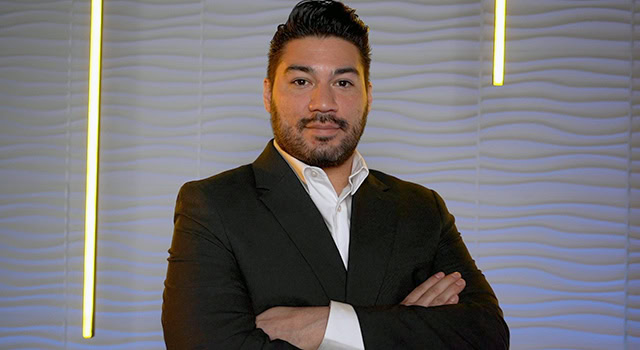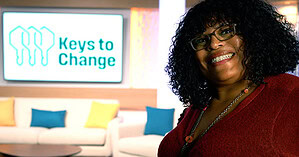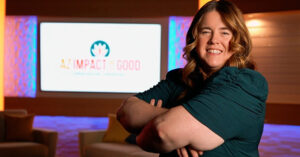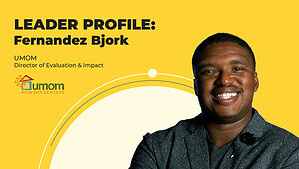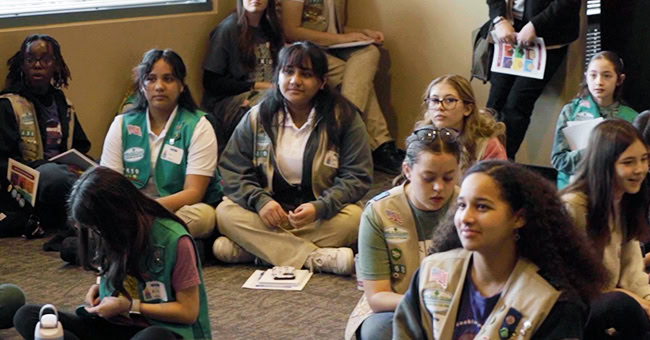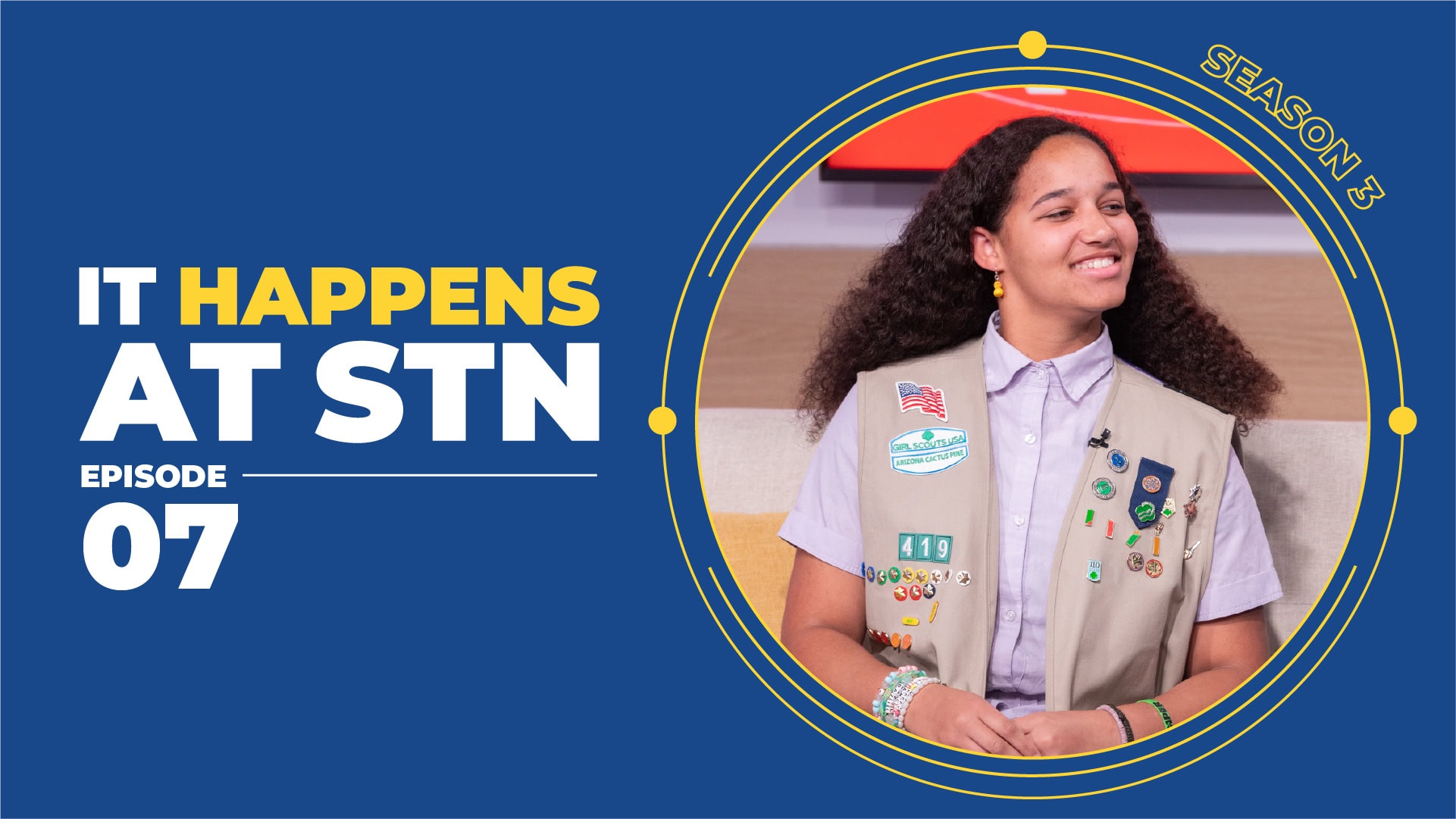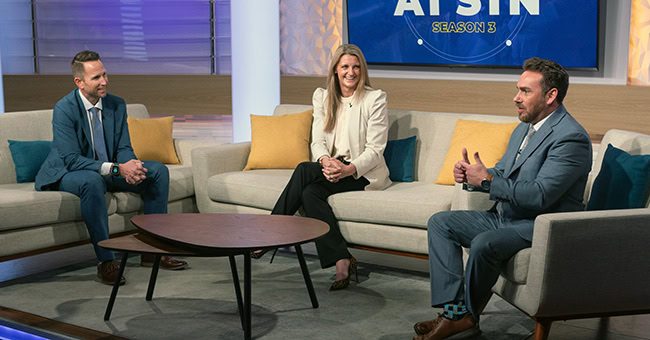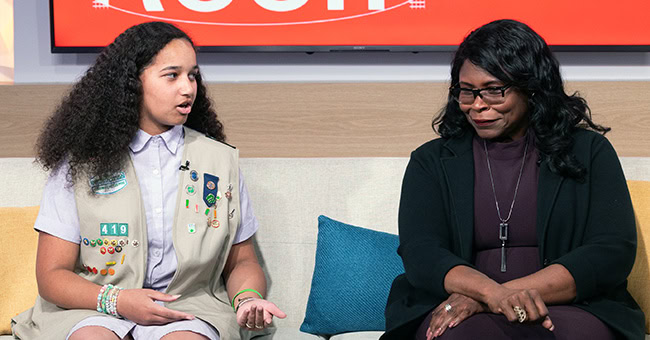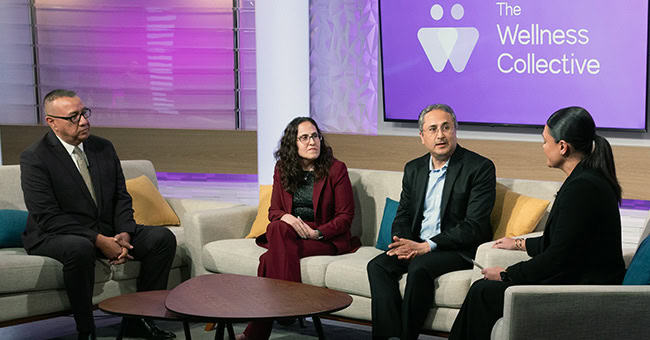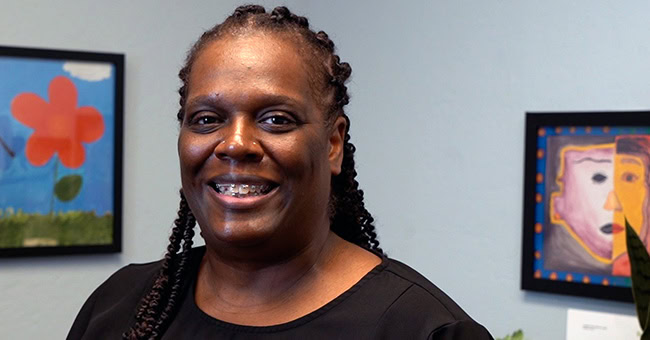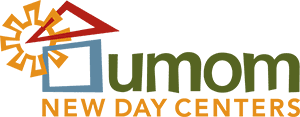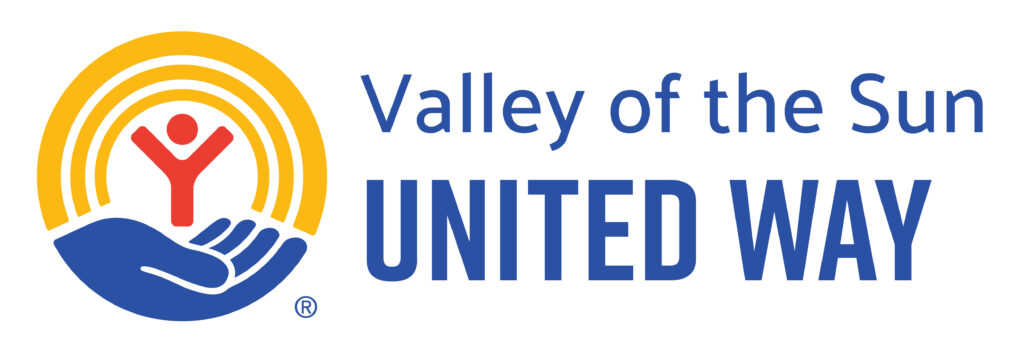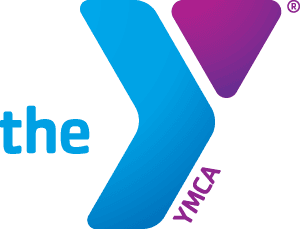Phoenix, AZ (STN) – Families who have a child with disabilities face unique challenges in finding supportive services for their child.
Ability360 President and CEO Chris Rodriguez saw this first hand while growing up, watching his parents raise his older brother TJ. It sparked a desire to create a more equitable and accessible world for people who have disabilities and their families.
Rodriguez went to college at UC Berkeley, one of the few universities offering an undergraduate degree in disability studies at the time. The program opened his eyes to the history of the civil rights disability movement and led him to a career serving the disabled community nationwide.
Today, Rodriguez leads Ability360, a nonprofit that promotes and provides programs to empower people with disabilities so they may achieve, or continue, independent lifestyles in their communities.
.Web-exclusive extended interview below.
STN:
Where are you originally from, and what was growing up like for you?
Chris Rodriguez:
I’m from what used to be a small town called Tomball, Texas. It is just outside of Houston, Texas. I grew up there with my parents and my older brother TJ. It was a small town but being so close to Houston we got a taste of big city life, however it also felt like a small town. It was fun.
My brother TJ is an individual with fairly significant intellectual developmental disabilities. Having a brother with disabilities gave me an interesting vantage point of the barriers and challenges affecting families with people who have disabilities. It spurred my curiosity. I thought about how I might be able to take down some of those barriers from a professional level and look creatively at how to meet those challenges.
I ended up going to college at UC Berkeley. They were one of the few schools at the time to have a disability studies program. In addition to having some life perspective being a sibling of an individual with disabilities, I got to study the history of the civil rights disability movement. It was a movement that I was unaware of, but it helped me understand how to be an advocate for the disabled community.
STN:
How does TJ motivate and inspire you?
CR:
Seeing TJ and my family’s challenges motivates me to create positive change for families and individuals with disabilities. I have had the privilege of working for organizations nationwide that advocate for the disabled community. Hearing stories from clients I have served while working for those organizations motivates me to create more equitable communities for people with disabilities.
STN:
For people who may not know, what do you all do at Ability360?
CR:
Ability360 is a nonprofit. We’ve been around for over 40 years serving individuals with disabilities. Our main focus is to provide support and services to individuals with disabilities, across the spectrum of disability, so that they have the opportunity to exercise the maximum amount of independence in their community as opposed to living in more congregate-type settings like group homes and nursing homes.
We work to create that independence for our clients in a variety of ways. We are active in the legislature. We do home modifications, we have an incredible home care program. There is a peer-to-peer support program and employment services. We also help our clients navigate any disability benefits they may be receiving. Ability360 has over 1,300 employees in the community helping people in their homes and we have an incredible 40,000-square-foot universally designed sports and fitness center.
STN:
When it comes to collaboration, what specific qualities do you look for when you are trying to find a potential community leader or organization to work with?
CR:
Creating equitable change in our communities is a difficult thing to do. Whether it is through Ability360 or another organization we broaden our base to foster change as much as possible. The best way to do that is by collaborating with like-minded organizations. One of the coolest things about being a part of STN’s family and the community they have built is sometimes two organizations’ missions are not similar, but when you dive into their programs and services you might find different opportunities for collaboration.
Unfortunately, the needs of our communities far outweigh the resources we can provide which is why collaboration is crucial to the work we as nonprofits. Knowing that one organization does not need to shoulder the load of work is important. If we work together we can create change.
At Ability360 when we are looking for different organizations or partners to collaborate with, one of the things we look for is who are their target consumers. Who are they reaching out to and what about their work overlaps with the lives of people with disabilities?
Representing a disability organization is interesting because disability is in every aspect of life. We might collaborate with an organization combating poverty because we know many individuals with disabilities struggle with employment and accessing essential support like Medicaid, which often leads them into poverty. Through collaboration, whether advocating for legislative change or providing direct support services, we can use our resources to make a bigger impact.
STN:
How do you like to be approached when it comes to collaborating with other community leaders and organizations?
CR:
We are always open to making new relationships in the community. Whether it is someone interested in Ability360 or another large nonprofit, our doors are always open. We love giving tours, we love talking to folks in our boardroom and talking about some of the more specific programs and services we have. I also enjoy hearing about what other organizations are doing and learning from them. I’m always open, you can reach me anytime, all my information is on our website.
STN:
What are some plans or initiatives you are looking forward to at Ability360?
CR:
Ability360 has been around for over 40 years and has a great reputation within the disabled community, because of that we get solicited to look into different projects and to create new collaborations with other for-profit or nonprofit organizations. It gives us the ability to look at emerging challenges for the disabled community or examine issues that have existed for a long time but have not been addressed.
Specifically here in the Valley, accessing affordable housing for folks with disabilities is a huge problem. Seeing the incredible work being done around affordable housing, and also talking with the leaders in those spaces to make sure they are not forgetting about the disabled community when they are thinking about how to solve the affordable housing crisis. I am really excited to continue conversations and offer solutions for our housing crisis that will meet the needs of the disabled community.
I am also eager to continue building and growing all of the programs that we offer. One of the things we learned during the pandemic was how many people we can reach through virtual training seminars and meetings. I am excited to see how we can continue integrating new technology into all of the programs and services we offer at Ability360.
For more information on the services and programs Ability360 offers visit their website.


